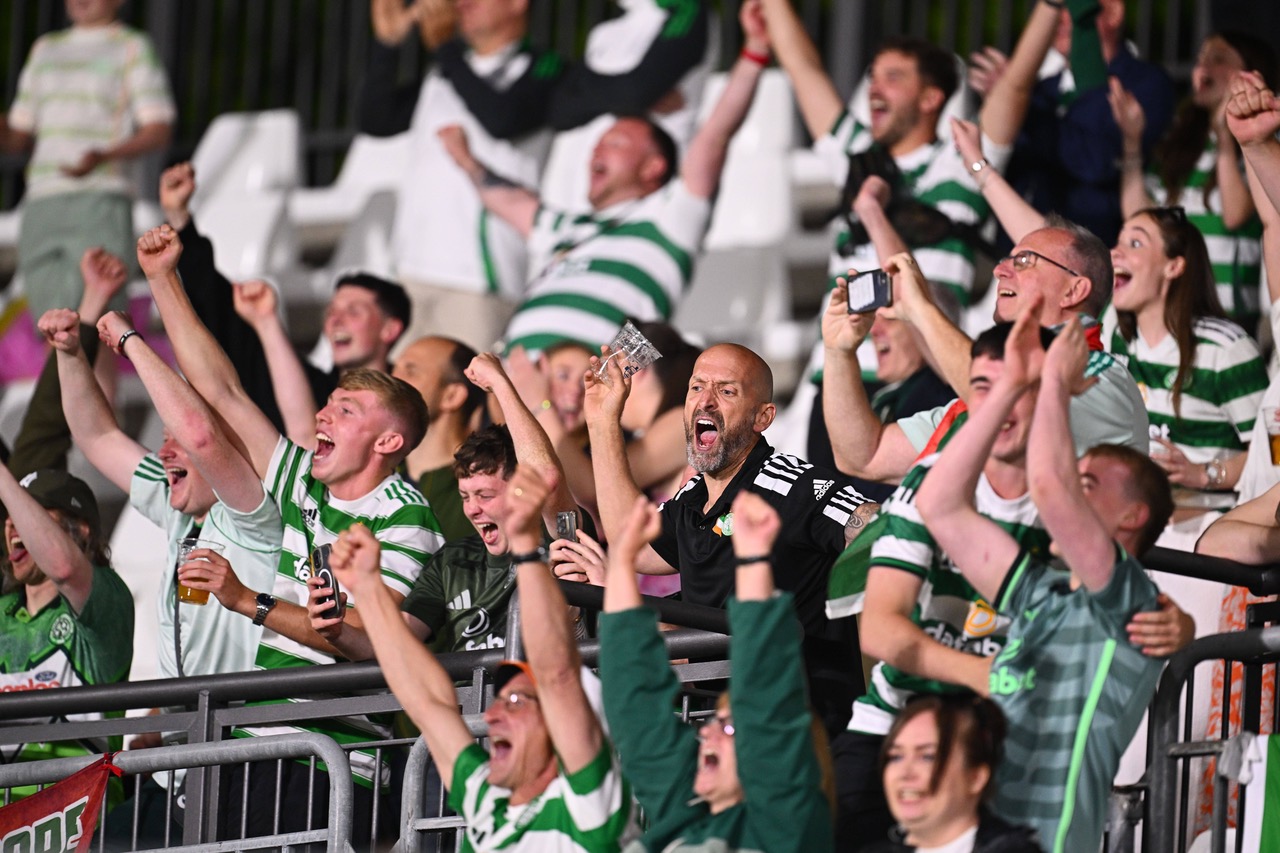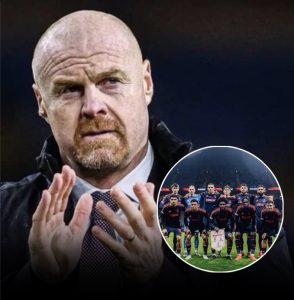Carter-Vickers Breaks Silence After Controversial Match Against Club Brugge: Fans Divided
Celtic defender Cameron Carter-Vickers has finally addressed the turmoil surrounding his performance during the recent match against Club Brugge. The game, which ended in a disappointing 1:1 draw ignited a wave of criticism from fans and pundits alike. Many were quick to point fingers at Carter-Vickers, questioning his decision-making and defensive capabilities throughout the match. However, the American international’s response has sparked a mixed reaction among supporters, revealing the complexity of fan loyalty and the human experience in professional sports.
Following the game, Carter-Vickers took to social media to express his thoughts on the incident. “Football is a game of moments,” he stated. “In the heat of competition, things can happen that don’t go according to plan. I take full responsibility for my contribution, but I urge fans to remember that we are all part of a team working towards a common goal.” His tone was one of humility, acknowledging the disappointment felt by the supporters while also reinforcing the notion that every player has ups and downs.
The aftermath of the match saw a flurry of criticism directed at Carter-Vickers, especially from those who felt that his lapse in concentration led directly to the goals conceded. Some fans took to online forums and social media platforms to voice their frustrations, calling for accountability and a reevaluation of his position in the starting lineup. Carter-Vickers’ attempt to engage with these concerns head-on has been met with mixed responses. While some fans appreciated his candor and willingness to confront the situation, others remained unconvinced, insisting that actions on the pitch speak louder than words off it.
Amid the divisive reactions, it’s important to highlight the broader context in which these discussions are taking place. The world of football, particularly at the club level, often fosters an environment where players are held to impossibly high standards. In such a competitive arena, the margin for error is minuscule, and even the most talented athletes can find themselves under scrutiny following a single mistake. Carter-Vickers’ situation serves as a poignant reminder of this reality—a reminder that empathy should be a guiding principle for fans, even in the face of disappointment.
Many observers note that the emotional investment fans have in their teams can sometimes lead to a disconnect between expectations and reality. For every ardent supporter who feels justified in their criticism, there are others who understand the immense pressure players face week in and week out. This balance between expectation and understanding is something that both fans and players must navigate together. Supporters are encouraged to remember that their heroes are human beings too, grappling with their own challenges, successes, and failures.
As Celtic looks to rebound from the setback against Club Brugge, the question of how the team moves forward remains. With Carter-Vickers now publicly addressing the issue, fans are left pondering the implications for team morale and cohesion. The hope is that this difficult moment can serve as a catalyst for unity among players and fans alike, fostering an environment where understanding and support ultimately prevail over criticism and division.
while Carter-Vickers’ performance may have drawn ire from portions of the fanbase, his willingness to engage in dialogue about the complexities of football reflects an essential truth about the sport: it is as much about camaraderie and understanding as it is about victory and defeat. As the season progresses, the focus will shift back to the pitch, where the defender and his teammates will aim to reclaim their form and restore faith among the loyal Celtic supporters.








Post Comment